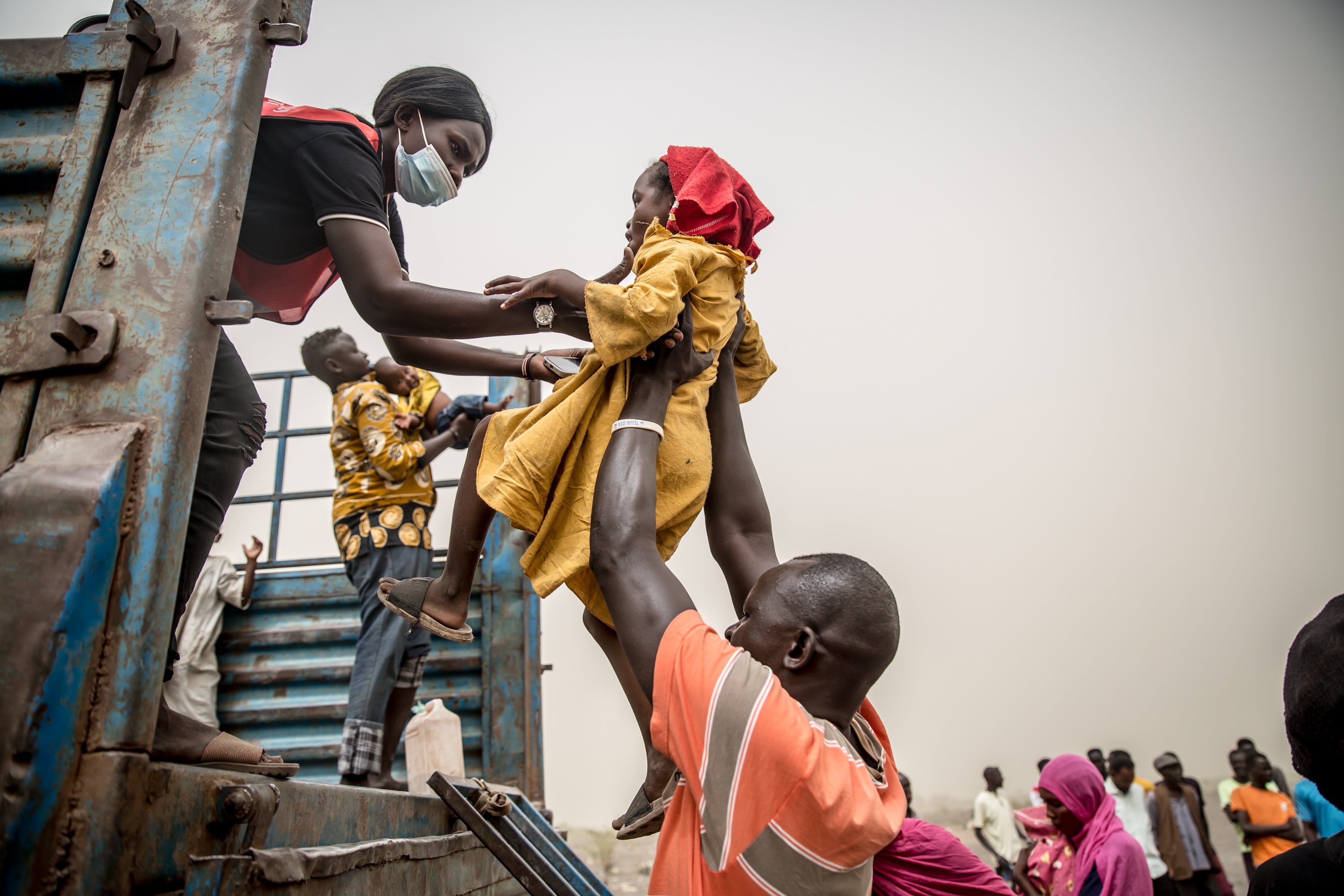
The war in Sudan between the paramilitary Rapid Support Forces and Sudanese Armed Forces has created one of the worst humanitarian crises in the world, and it is becoming increasingly apparent that the United Arab Emirates is playing a role in prolonging it.
Passports recovered from battlefields in Sudan suggest the United Arab Emirates is covertly putting boots on the ground to support the RSF — a charge the UAE denies. The allegations come after a UN report surfaced evidence the UAE has provided weapons to the RSF to the degree many analysts believe that “without the UAE’s alleged involvement, the conflict driving the world’s worst ongoing humanitarian crisis would already be over.”
Why would the UAE support the war? Sudan is key, militarily and economically, to the UAE’s strategy in Africa and the Middle East. Militarily, it has sourced fighters from both factions to join its conflict in Yemen. Economically, it is the primary importer of Sudan’s gold, and it plans to develop ports along its Red Sea coast. Meanwhile, Iran is supplying weapons to SAF, and Russia is supporting both sides in exchange for access to a strategic Red Sea port.
The United States plans to revive peace talks next month in Switzerland, where the UAE is invited to attend as an observer. US Ambassador to the UN Linda Thomas-Greenfield says Washington has “engaged” with the UAE on the issue. But Washington faces accusations of hypocrisy, as it calls for an end to weapons supplies in Sudan while continuing to provide billions’ worth to Israel during its offensive on Gaza.
